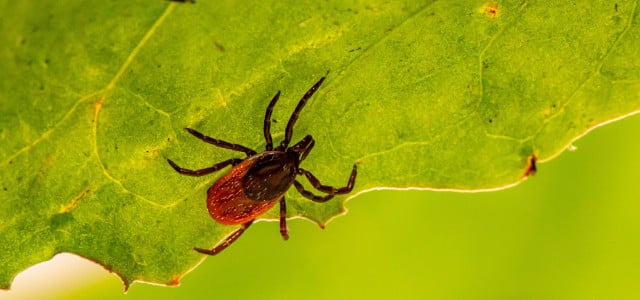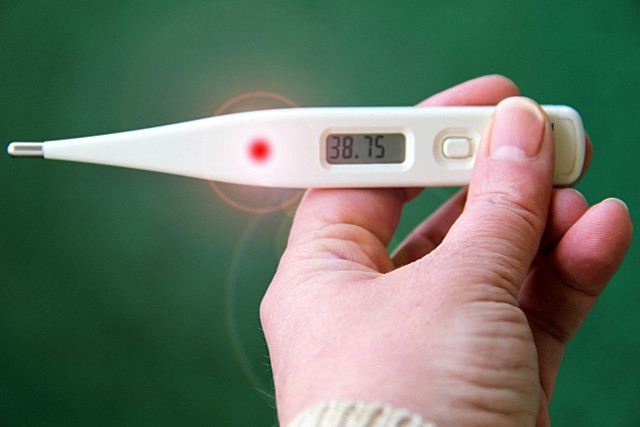
Tick bites are, strictly speaking, stings. They don’t hurt, but they can itch or be red. Is this harmless or dangerous? We’ll explain what you should do after a tick bite.
It’s not just animals that get bitten by ticks in spring and summer – we humans can also get bitten by ticks if we’re out in nature during tick season. The correct term would be tick bite, though, because ticks don’t bite, they sting. They use a kind of suction device to suck blood from the veins of animals and people.
Whether by bite or sting, ticks can transmit dangerous diseases, mostly Lyme disease or tick-borne encephalitis (TBE). In risk areas, which are mainly in the German low mountain ranges, up to 20 percent of ticks can carry Lyme disease pathogens (Borrelia), according to Heidelberg University Hospital.
The best way to protect yourself from these diseases is to avoid being bitten by a tick in the first place. Here you can read how to prevent them: Ticks: how to protect yourself from bites – coconut oil can help against ticks, among other things.
If you do find a tick after a walk (they are usually found in warm and moist places like the armpits), you should remove the tick as quickly as possible. The faster you get rid of it, the lower the risk that it will infect you with a pathogen. Borrelia in particular can only be transmitted if the tick has been attached to the body for more than twelve hours, according to the Heidelberg University Hospital. Even after that, the risk is relatively low.
However, you should still observe the tick bite in the following weeks. To do this, you can circle it with a waterproof pen.
Tick bite symptoms in the first few days: Usually harmless
In the first two to three days after a tick bite, the skin around the bite site may be slightly red, like a mosquito bite. Such redness is usually harmless. You should only seek medical advice if it has not disappeared after three days or if it spreads.
It is rare for a tick bite to itch. Here too, the following applies: If the itching disappears after a few days, it is not a sign of infection, according to Heidelberg University Hospital. In this case, you can use various home remedies to relieve the itching and otherwise wait – and do not scratch.
Sometimes the tick’s suction apparatus (often mistakenly referred to as the “head”) remains stuck in the skin after you remove it. These remains are usually shed by the body after a few days, but they can also become infected. In this case, you should have them removed by a doctor.
The Robert Koch Institute advises against checking the tick for infectious agents after a tick bite, as the methods used to detect pathogens are not 100% reliable. Conversely, pathogens in the body do not necessarily mean that you have been infected.
Symptoms after a tick bite: This is where it gets worrying

(Photo: CC0 / Pixabay / guvo59)
As described, symptoms in the first few days after a tick bite are usually harmless. However, at a later stage they can be signs of infection with Lyme disease or TBE.
In these cases, you should definitely seek medical advice:
- A characteristic symptom of a Lyme disease infection is the so-called erythema migrans, a spot about the size of the palm of your hand that spreads around the bite site and eventually disappears again. The erythema migrans is usually darker at the edges than in the middle. It can appear a few days to several weeks after a tick bite.
- If you have flu-like symptoms such as fever or fatigue within a few days or weeks of being bitten, this could indicate either Lyme disease or TBE. The Robert Koch Institute has a map of TBE that shows the risk areas. If you have been bitten by a tick in one of these areas and are not vaccinated against TBE, you should get tested for TBE.
Read more on Techzle\.com:
- Repel insects: Remedies against mosquitoes, wasps, etc.
- Tick remedies for dogs: These natural remedies help
- Treating bee stings: These home remedies help
** marked with ** or orange underlined Links to sources are partly affiliate links: If you buy here, you are actively supporting Techzle\.com, because we then receive a small part of the sales proceeds. .